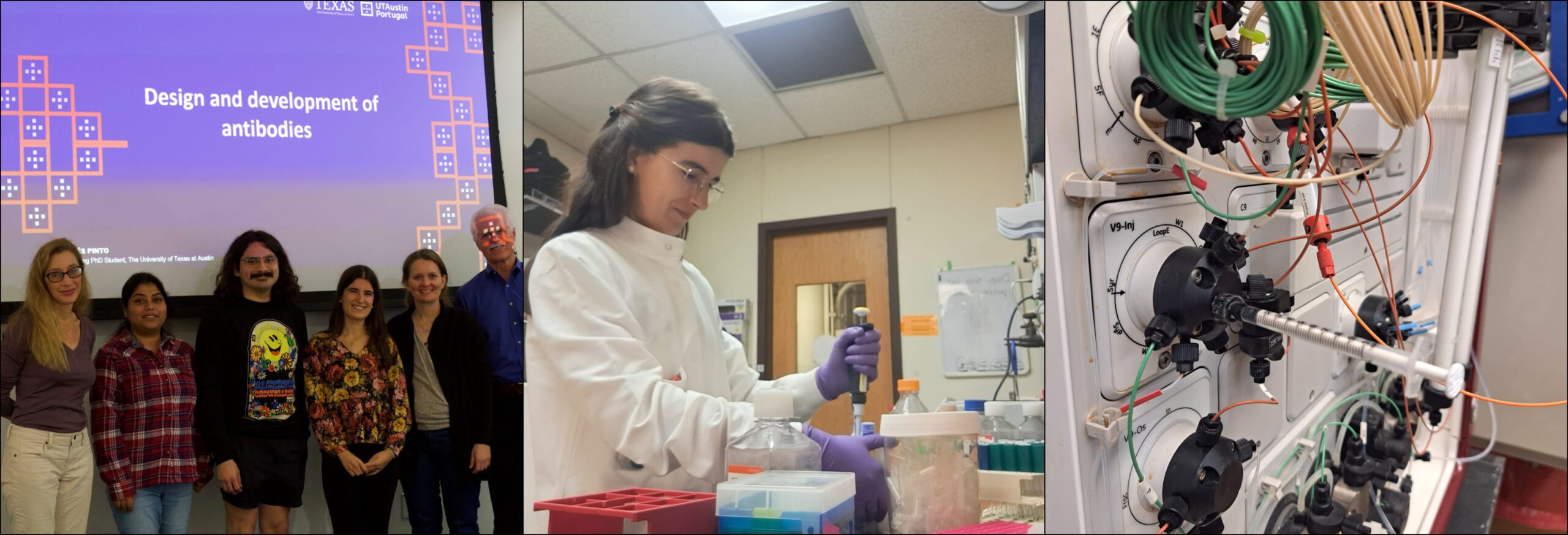Curiosity has always been a powerful driver of scientific discovery, leading to breakthroughs that have transformed our understanding of the world and significantly improved human health. Think about how Alexander Fleming discovered penicillin by noticing mold in a petri dish or how Isaac Newton’s thoughts on gravity were sparked by a falling apple. These examples show how simple, curious observations can lead to incredible advancements, including in cancer research.
From the beginning of my research career, I was fascinated by how nanotechnology could be applied to cancer therapies, especially in creating new immunotherapies. This curiosity led me to explore bispecific antibodies – advanced molecules that can target two antigens at the same time, offering a more effective way to engage the immune system against cancer cells while minimising harm to healthy tissues. My desire to learn more continuously drives me to push the boundaries of antibody research, particularly where it intersects with nanotechnology. So, don’t hesitate to follow what truly interests you, even if it means stepping out of your comfort zone.

Driven by my curiosity, I decided to include bispecific antibodies in my PhD project, which led me to the Maynard Lab at the University of Texas in Austin – a leading lab in antibody engineering. Moving to a new country and immersing myself in a specialised research environment was a significant challenge, but I had the privilege of working with experts who were just as passionate about pushing the limits of cancer research as I was. At first, it wasn’t easy. I struggled with unfamiliar protocols and equipment, but I stayed patient and kept an open mind. With the support of my coworkers, I learned that persistence pays off and that staying curious helps you overcome obstacles and keep making progress, even when things get tough. Having mentors who inspire and guide you is crucial for keeping your curiosity alive!

In cancer research, being willing to explore new ideas and ask different questions is what leads to the most important discoveries. Curiosity not only drives innovation but also creates new opportunities, ultimately improving patient care. Therefore, celebrate your small wins and remember to enjoy the journey. After all, being curious in science means finding joy in what you do. I’m excited to see where this path takes me next, and I hope you, too, will stay curious and passionate about the possibilities ahead.
 About the author:
About the author:
Inês Pinto is a PhD Student at the Center for Neuroscience and Cell Biology at the University of Coimbra. She has a Master’s degree in Molecular Biomedicine from the University of Aveiro since 2022 and a Bachelor’s degree in Biomedical Sciences from the University of Beira Interior since 2020. Her research interests are focused on cancer nanomedicine, targeted delivery nanoplatforms, biomaterials, immunotherapy, and oncobiology. Inês is actively involved in scientific societies, science outreach activities, and sustainable research practices, aiming to develop novel therapeutic strategies against cancer.


 About the author:
About the author:







